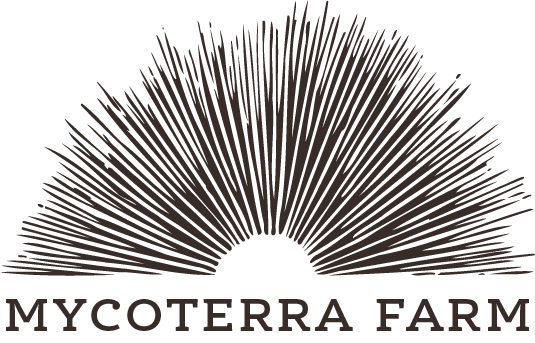{Hericium erinaceus}



Hericium erinaceus, commonly known as the Lion’s Mane Mushroom, is a species of edible mushroom that belongs to the family Hericiaceae. This species is native to North America, Europe and Asia and can be found in temperate forests growing on hardwood trees during late summer and fall.
Uses
The Lion’s Mane Mushroom has a delicate texture with a sweet flavor that is often described as similar to seafood. The texture of cooked lion’s mane mushrooms is tender yet slightly chewy making it perfect for stir-fries or sautéing. They are great slowly sautéed in butter and onions, which brings out a lobster-like flavor that compliments their texture.
Use Lion’s Mane sauté as a topper on salads, rice, pasta, crackers, toasts or a nice cut of meat. They are also great in eggs and stir-fry or try substituting into your favorite mushroom dishes. It pairs well with garlic, soy sauce and lemon juice which can highlight its delicate natural taste, or it can be a vehicle for stronger flavors like curry, masala, or other savory sauces.
History
Lion’s Mane has been used for centuries in traditional Chinese medicine due to its potential health benefits which include anti-inflammatory properties and boosting cognitive function. Lion’s mane mushrooms are rich in antioxidants that may help reduce inflammation throughout your body while also boosting immune function. It also contains compounds called hericenones which may stimulate nerve growth factor (NGF) – this can potentially improve cognitive function.
Cultivation
They can often be seen growing on the sides of trees or stumps in clusters. One of the most unique characteristics of Hericium erinaceus is its appearance resembling a lion’s mane with long white spines cascading outwards from a central point. Outside of its forest habitat, Lion’s Mane is a rare find, even in gourmet markets due to its tendency to bruise with handling, it just doesn’t hold up through multiple links in the food supply chain. However, through Mycoterra Farm’s direct connections with local markets and restaurants, the Lion’s Mane delicacy can be enjoyed across Massachusetts. We grow our Lion’s Mane on hardwood sawdust, supplemented with organic soy hulls.

